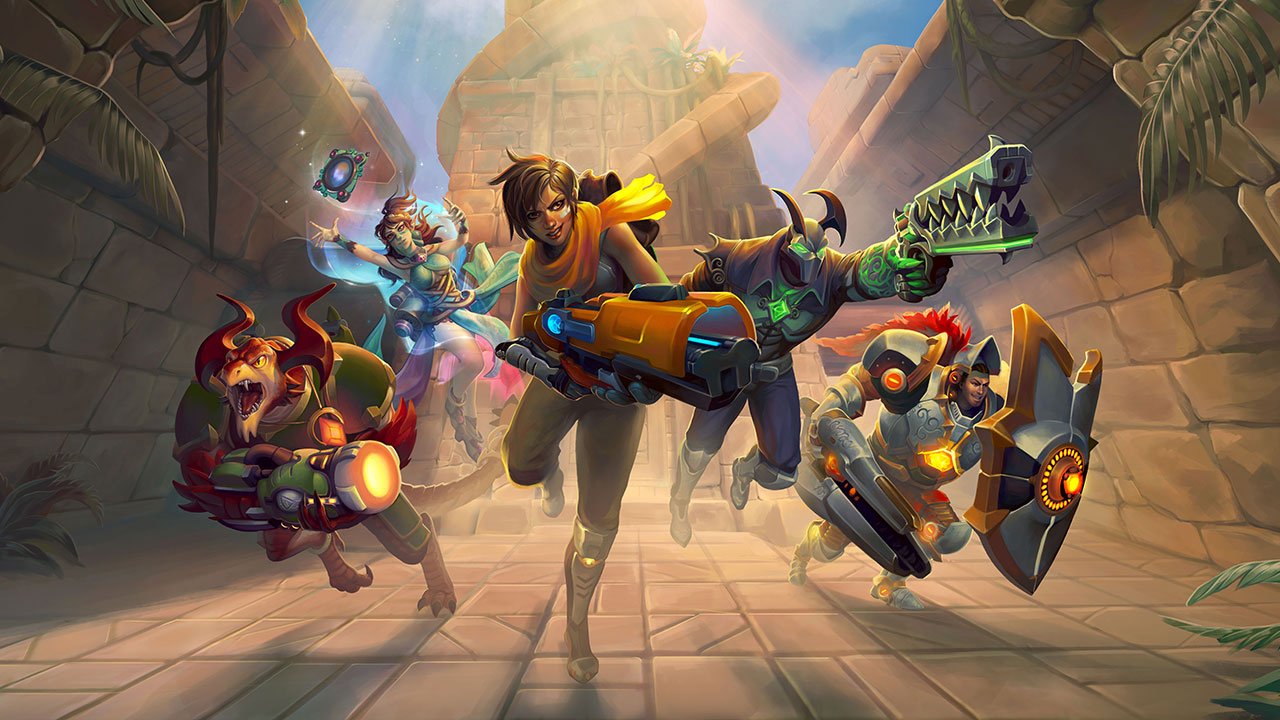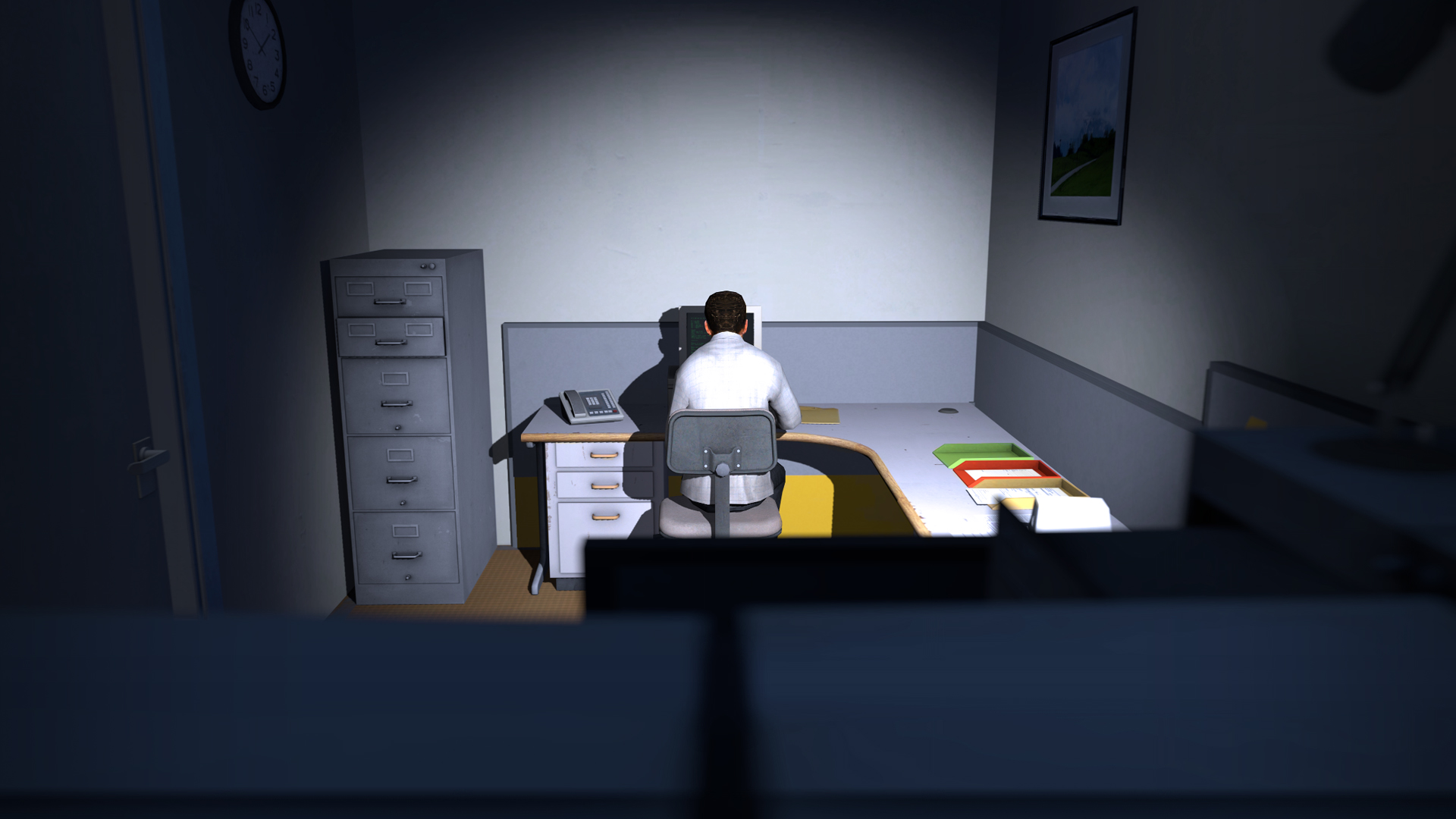Impostor Syndrome in Game Development
Impostor Syndrome is an internalised fear that your achievements aren’t your own – you got lucky or didn’t really achieve anything – and that you will be exposed as a “fraud”. But since the fear is internalised, outsider validation doesn’t do anything to reduce the feelings of inadequacy. It’s not classified as a mental disorder in a clinical sense, but it can negatively disrupt many aspects of your life if left unchecked, so it’s important to talk about.
Impostor Syndrome affects people in a wide range of contexts - from creative pursuits, where your work is critically compared to that of your peers, to friendship groups, in which you may feel people are only friends with you because they’re “too nice” to reject you. One academic paper also correlates it with introversion and unsupportive family backgrounds (Langford and Clance, 1993). To me, this makes sense – extroverted people tend to be more confident in their abilities, and it’s difficult to believe in your achievements if your family never praised you for them in your early years.
Symptoms of Impostor Syndrome
How does impostorism look in game design? In a competitive creative field with a laser focus on review scores, it’s very difficult to avoid comparing your game to the cream of the crop. Some developers feel that they “got lucky” when they make a fun and engaging game mechanic, while others spend weeks or months obsessively tuning their game in the pursuit of perfection. It can cause solo developers to avoid showing off their games-in-progress because it’s not yet their best work. And a team member may overwork themselves to “prove” themselves worthy, especially if they have a reputation for having gone above and beyond in the past. “Voluntary crunch” is just one instance of the wider issue of crunch that exists throughout the industry.

When you fear someone will tear away your mask and expose you, it’s paralysing. And in game design, it causes burnout – this means completely dropping a project you’re working on or quitting your job, neither of which are good for your mental health. However, having gone through the cycle of “idea -> development -> misguided perfectionism -> abandonment” dozens of times, I’ve developed my own mechanisms for avoiding the trap.
Fighting Impostor Syndrome
First off, I don’t over-emphasise originality. Of course, being wholly original is by no means a bad thing, and I’d never advocate plagiarising someone else, but taking an existing idea or aesthetic and putting your own spin on the concept is often how great content gets made. Ideas rarely appear out of thin air, but that doesn’t mean they’re not your own!

Secondly, I try not to spend too much time on a mechanic or feature that ultimately isn’t going to be materially better after hours of effort. Will spending three hours perfecting this explosion effect make the game three-hours-of-effort more fun? If not, you’re probably just being perfectionist. If it’s good enough, well, then it’s good enough! This also prevents burning out in the case where three hours of working on that explosion ended up with a lacklustre effect. Making something that’s just fine is always better than scrapping everything because it wasn’t the best.
My final piece of advice is to change what your metric of “success” is. It’s common to solely base how successful your game was by how many copies it sold, how high its review scores are, or how many positive messages your friends, family and fans gave you. Of course, it’s important for a commercial product to perform well on the market, so it would be irresponsible to ignore this data completely! However, I’ve started to gauge my success by how much I learned while making the game. Did I use a new program or learn a new technique? If I worked on some skill while making something, I consider that a success – an accomplishment that I feel comfortable internalising. Learning a new skill isn’t something that can easily been seen externally, so it can’t easily be scrutinised by others.

As somebody who was always labelled as a “gifted” child in early education, it’s easy to feel like my genuine successes are just down to natural talent that was handed to me through genetics. However, in almost every case where I look back at my game design process, I realise my progress came through a combination of reading documentation, watching tutorials, playing around with the tools at my disposal and, crucially, asking for help and opinions during the development process – in other words, through hard work and viewing critical feedback as a useful tool rather than something to hide from.
To wrap up, Impostor Syndrome is common in game development, especially if you’re an aspiring indie developer viewing the industry from the bottom of the hill. Rather than looking at the long path to the summit ahead of me, I try to notice the milestones I’ve reached along the way. It’s daunting to look at the impressive work that’s being done all around you, but those people started off somewhere. Even when you’re at the top of the hill and the eyes of the world are on you, remember the path you took on your way there. That’s your legacy, and no-one can take it away from you.
Further Reading
The Impostor Phenomenon - This is the academic paper mentioned in my piece.
The Impostor Phenomenon in Science Writing - This article explores Impostor Syndrome in a different setting – science writing.
The Clance IP Scale - This fun quiz will tell you how strongly you display Impostor Syndrome characteristics. I scored 70%.

